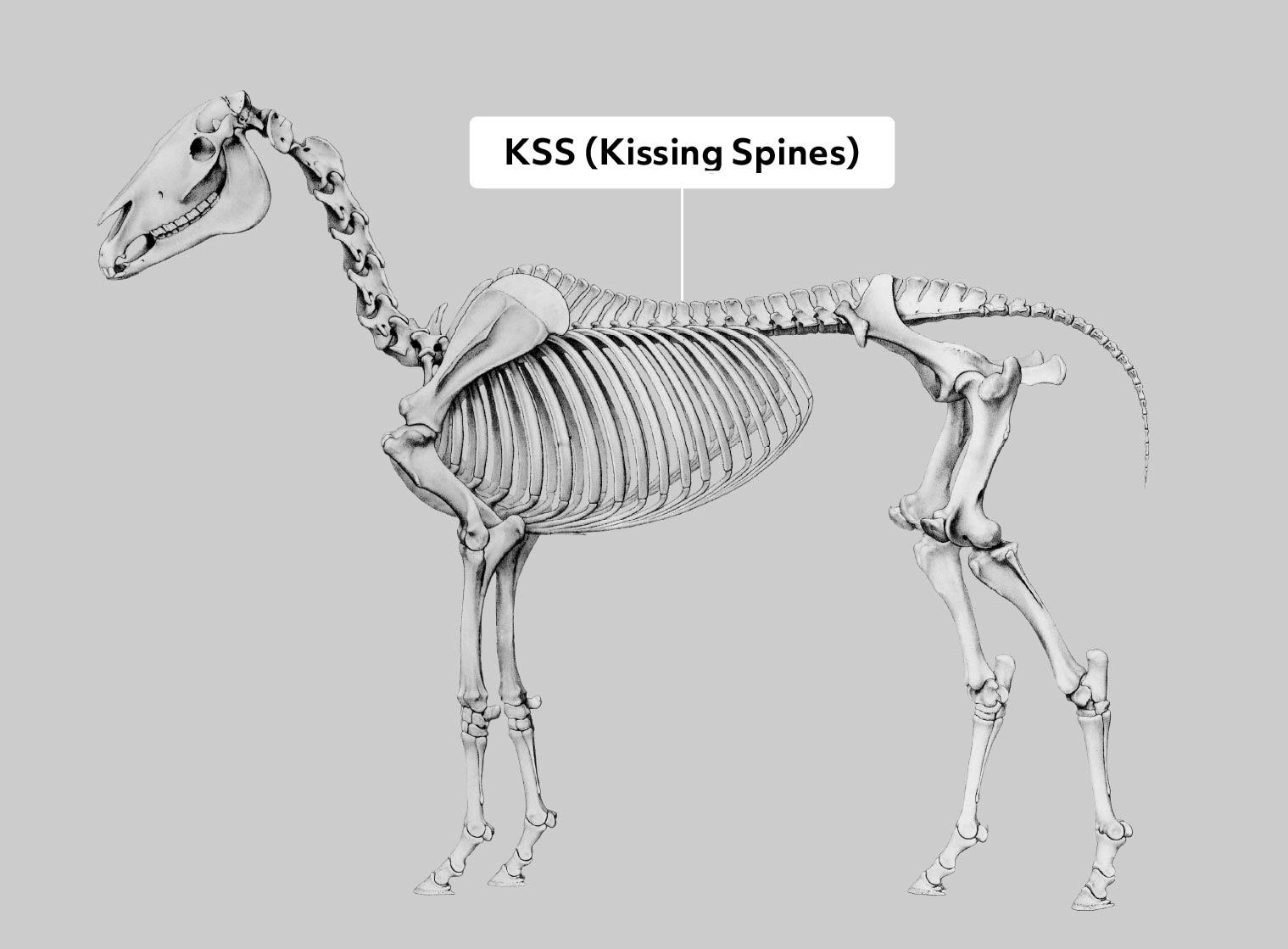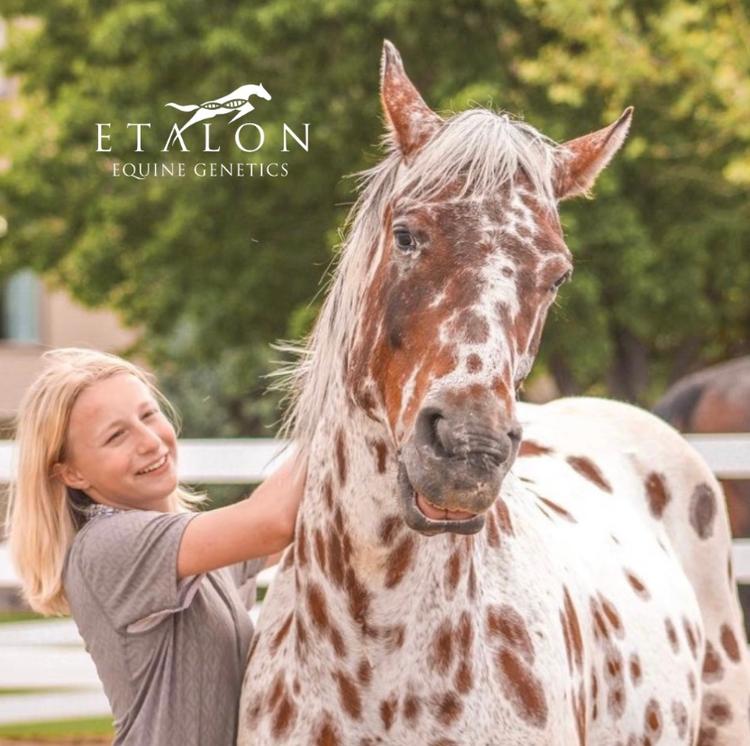
One of the most common causes of back pain in horses is due to overriding (or impinging) dorsal spinous processes, or “Kissing Spines.” This test evaluates your horse’s risk for developing high-grade kissing spines. While this test cannot conclusively determine if your horse will develop kissing spines or not, it does let you know if your horse faces a genetic predisposition to the condition.

Our equine DNA testing requires an easy, non-invasive pulled mane or tail hair sample. All the genetic data is found in the root of your horse’s hair!

Mail in your sample! Your horse’s diagnostic results will be ready within 7-10 business days after the sample is received by our lab. Ancestry results can take up to 6-8 weeks.

Access your horse's DNA test results easily through our user-friendly online platform. Get actionable information and harness the power of equine genetics with convenience and confidence.

"I genetically tested Chief because I wanted to know more about him. I learned all about his color, any disease risk, and tons of other cool things. I think that anyone with a horse can benefit from genetic testing. Getting to know them from the inside can help you so much with how to better care for them!"
Mikayla & Chief
Our most comprehensive test featuring over 75 traits, ProPanel + Ancestry, gives you the full picture of your horse’s health, coat colors, speed, performance, and heritage. This test identifies close relatives, reveals accurate genomic inbreeding percentage, Thoroughbred percentage, and more.
Must have purchased the APHA | MiniPanel or the APHA | ProPanel to utilize the upgrade. The APHA | Complete Panel Upgrade Packages includes all color and diagnostic testing necessary to register a horse with the APHA + Etalon’s signature “Performance Package” as an added bonus.
Single Health Test. Find out if your horse is at increased risk for EHM. Horses who are homozygous or heterozygous for this trait have a 1.43x increased risk of developing the neurological form Equine Herpesvirus Myeloencephalopathy (EHM) if infected by Equine Herpes Virus type 1 (EHV-1).